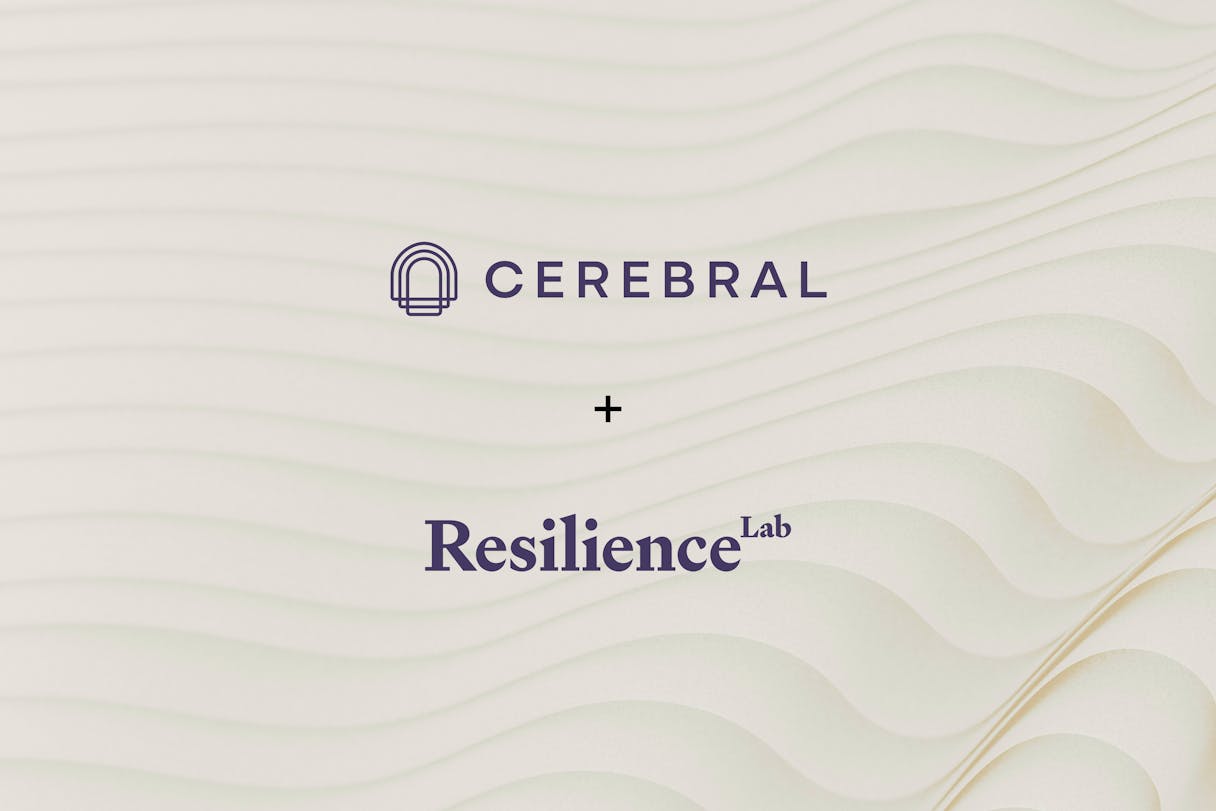Understand Your Anger: The Power of the Anger Iceberg


Anger is a natural emotion that can be a healthy response to certain situations. However, it can also become a problem if it’s not managed effectively. At times, people experiencing anger may feel like they’re out of control, and not even understand why they feel the way they do. This is where the anger iceberg concept comes in.
The anger iceberg is a metaphor that helps us understand that although we may be displaying anger outwardly, we may be simultaneously experiencing a lot of other emotions that cause us to present such anger. By recognizing these feelings hidden beneath the surface, you can gain insight into your anger, and in turn, start to work through it to get to a good place.
In this article, we’ll explore the anger iceberg, give examples of what’s underneath, and offer practical exercises that you can use to manage your anger effectively.
The Anger Iceberg
The anger iceberg is a concept that is used to visualize how anger is often only the tip of the iceberg, with many other underlying emotions and thoughts hidden out of sight. When you think of an iceberg, most of it is underwater, and only the tip is visible. It’s a similar concept with anger. When we see someone expressing anger, we only see what’s on the surface. Oftentimes, there is so much more going on below the surface that we might not be aware of.
The anger iceberg is made up of three distinct parts:
- Tip of the iceberg: This is the anger we show the world.
- Middle of the iceberg: The hidden emotions driving our anger.
- Bottom of the iceberg: The deep, complex part where our thoughts and values reside.
The emotions we don’t see
So, what emotions and feelings often lay beneath the anger iceberg, out of view? Here are a few thoughts that could be fueling our anger:
- Fear: Sometimes, anger is a manifestation of fear. We might be afraid of something happening or not happening, and our anger is a way to protect ourselves.
- Frustration: You might be feeling frustrated with a situation, and instead of expressing that frustration in a healthy way, it’s coming out as anger.
- Hurt: When someone hurts us, it can be challenging to process those emotions. It might lead to anger as a way to protect ourselves.
- Disappointment: When things don’t go our way, it can be disappointing. If we’re not careful, that disappointment might turn to anger.
- Stress: Stress can do all sorts of things to our emotions. It might lead to anger and irritability.
- Insecurity: Feeling insecure or powerless can cause us to lash out in anger.
- Guilt or shame: Sometimes, feelings of guilt or shame can turn into anger towards ourselves or others.
How to Manage Anger
Understanding the anger iceberg is an excellent first step in managing your anger effectively. But what can you do about it? Here are some practical exercises that you can use to manage your anger:
- Identify the emotions: The first step is to identify the emotions underneath your anger. Try to figure out what’s fueling your anger. Are you feeling hurt? Frustration? Disappointment? Identifying the emotions can be a challenge, but it’s an essential step in managing your anger.
- Take a moment to breathe: When you start to feel angry, take a moment to breathe. Count to ten, take some deep breaths, or find another way to center yourself. This can help you calm down and prevent your anger from escalating.
- Practice empathy: Practicing empathy means putting yourself in someone else’s shoes and trying to understand their perspective. Empathy can help reduce anger because once you see things from someone else’s viewpoint, you might not be as angry anymore.
- Identify your triggers: Everyone has triggers that can set off their anger. Try to identify your triggers so that you can take proactive steps to avoid them or manage them better.
- Communicate effectively: When you’re feeling angry, it’s essential to communicate effectively. Don’t let your anger take over the conversation. Instead, try to express your emotions in a calm, clear way.
Online therapy provides valuable support for those dealing with anger management issues. By meeting with a professional therapist remotely, you can navigate through the emotions powering your anger, right from the comfort of your own home. Online therapy offers flexibility, catering to your schedule and needs.
Cerebral provides access to high-quality online therapy and medication management. As a patient, you can connect with a therapist by phone or video weekly, and can message your care team whenever you need assistance throughout your journey. This ensures you have a constant support system that can provide strategies and coping mechanisms, helping you understand and manage your anger more effectively so you can lead a happier and more stable life. Join Cerebral today to get started.

Our Care: The Resilience Methodology

A New Era of Mental Healthcare: How Cerebral Is Expanding High-Quality, Personalized Care

5 Things to Look for in a Therapist

Call 911 if you’re having a
mental health emergency
Text Home to 741-741 if you're in emotional
distress and need immediate support
Call or text 988 Suicide &
Crisis Lifeline. Chat service
is available at 988lifeline.org.